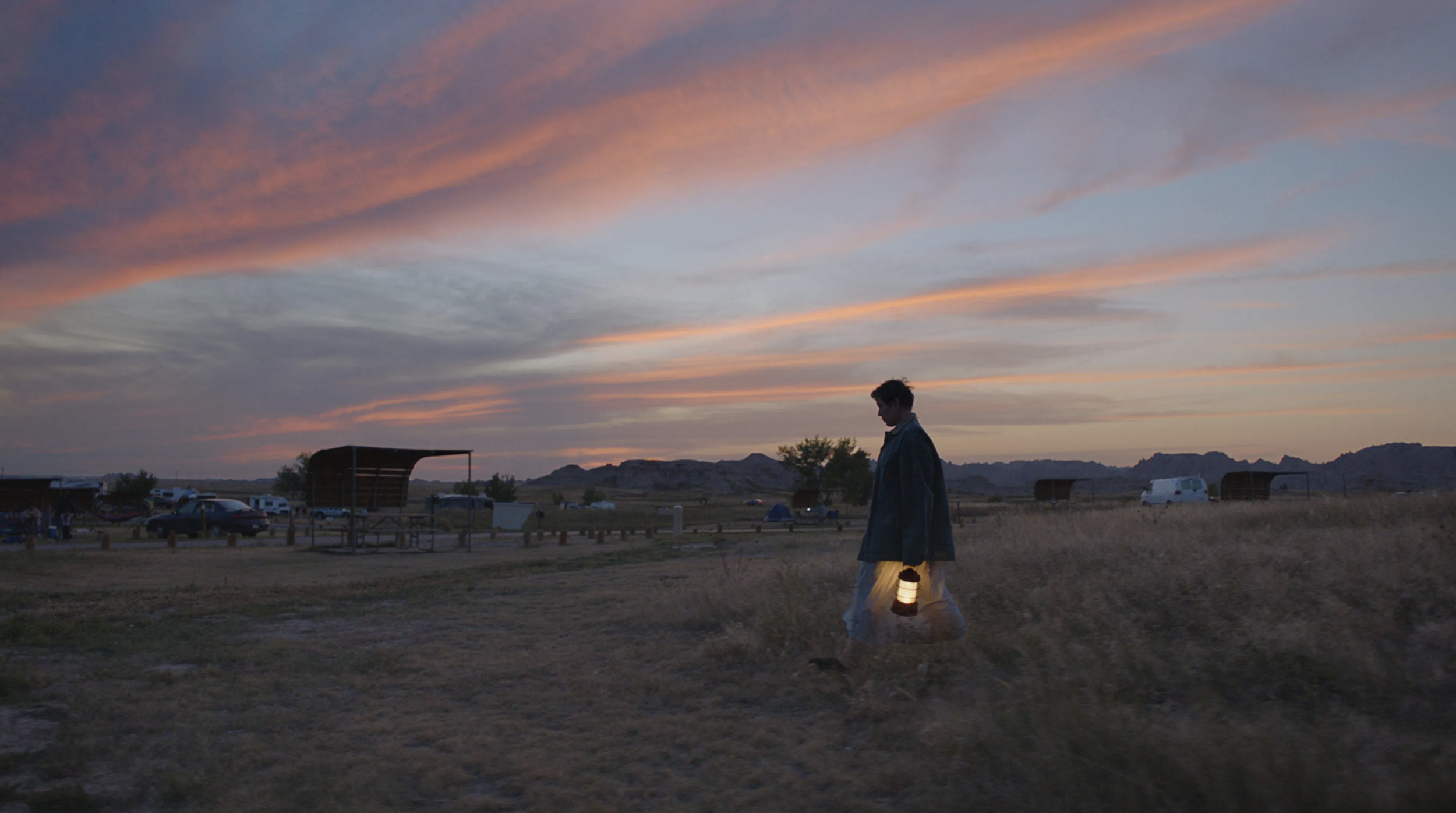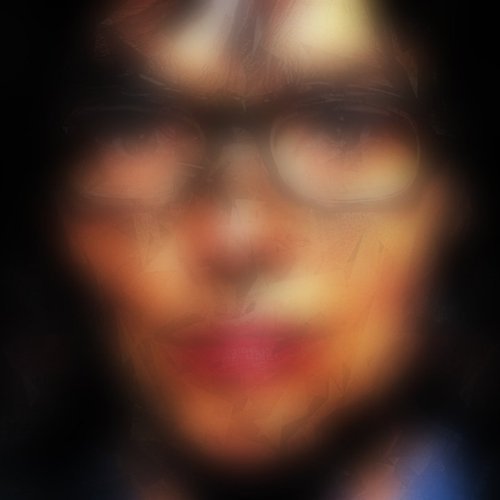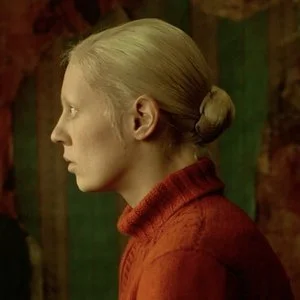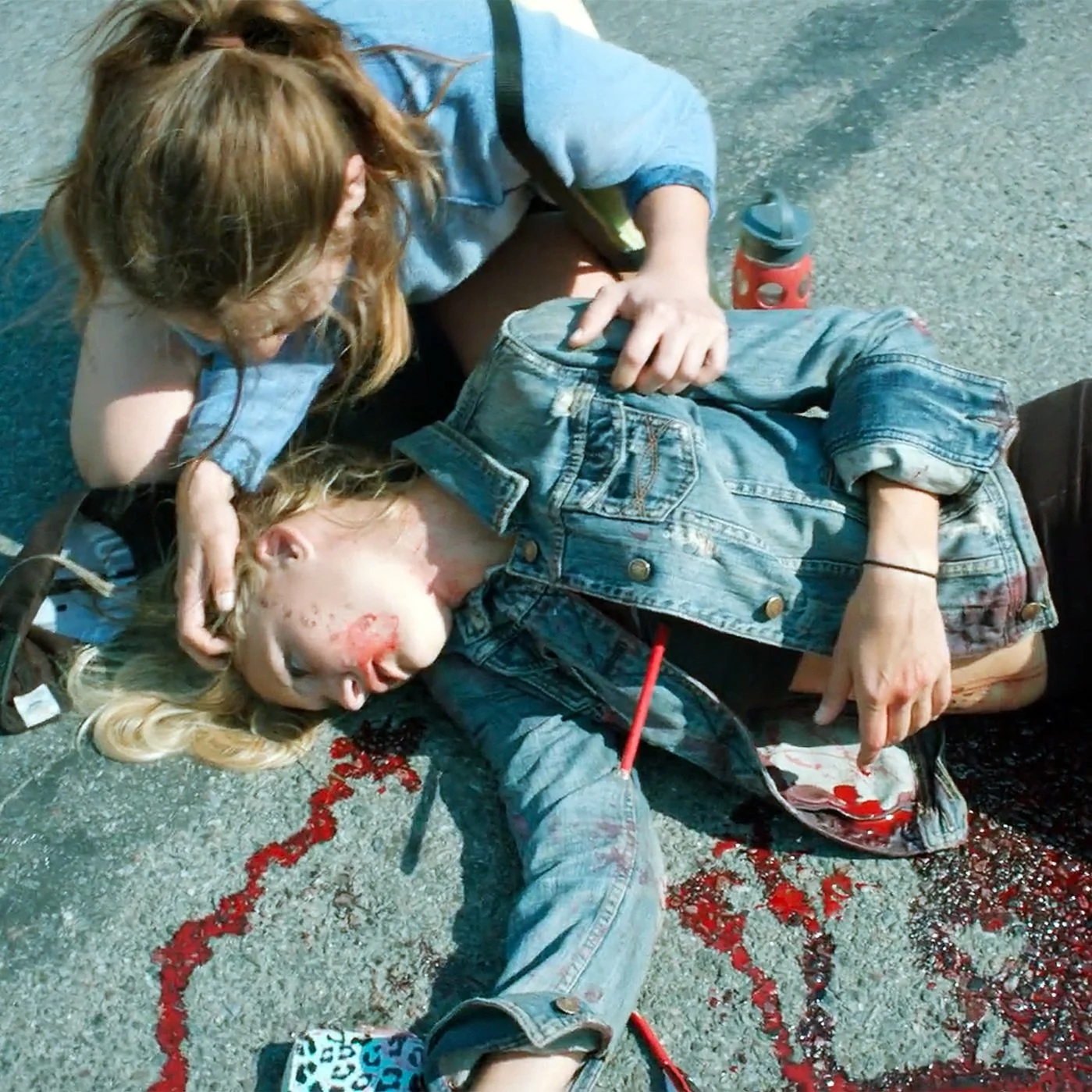Nomadland
Chloe Zhao, 2021
'Home. Is it just a word? Or is it something that you carry within you?'
Based on journalist Jessica Bruder’s book of the same name, Chloé Zhao’s current awards season darling Nomadland offers us the option of a life drawn by the future, not driven by the past. On the one hand it’s a tale of grief, of a life ripped away as inevitable consequence of the economic collapse of domestic industry and the great recession. Of unemployment, of erosion of security both federal and personal, of loss of home and stability, or of collapse of purpose in life. But it’s also a story of freedom. Of a life lived purposefully outside our established norms of happiness, and of a life less traveled. As Fern, Nomadland’s central sexagenarian, beautifully portrayed by Frances McDormand says, she’s not homeless, she’s houseless.
Indeed, these consolations of the expectations of our American dream versus the lure of the open road are central not just to the exquisite cinematography in Fern’s journey, but also shape our understanding of how a deep experience of loss can enable the post-traumatic growth inherent in a wonderful spirit of adventure. Of the joy of days spent doing nothing. But we don’t find the cosmic loneliness in Fern we’d expect, and this isn’t an odyssey of redemption. The establishing premise sees Fern lose her job, her husband, her town and ultimately even her zip code as a result of the economic hardships associated with the collapse of her town, Empire, Nevada, a town built around industry. Empire’s name is no coincidence of course. Like so many places, the community cannot survive such economic blunt force trauma, and Fern is forced to sell up and hit the road in her van, which becomes the main supporting character.
And while Fern often experiences melancholy in the vastness of the landscape, it’s contrasted with the intimacy of the many relationships she forms along the way with both young and old. And it’s not just the vastness of the landscape in which she’s placed that contributes to this. Fern picks up seasonal work at an Amazon distribution center, itself a soulless monument to the materialism she’s long left behind, and a stark, humbling reminder of what happens on the other end of the Buy It Now button.
These relationships are portrayed by real-life nomads that Bruder found living in mobile communities all over the country. As a cinematic device, Fern’s fictional absorption into the everyday conversations with those for whom this is anything but fiction, not only blurs and breaks the wall of realism, but confronts us with an uncomfortable truth. It’s not documentary, but it’s not exclusively a dramatization either, and McDormand’s seamless integration into their lives is an incredible achievement. But it’s also not an odyssey, with a fixed goal in sight. And it’s not an exercise in sadness and the grief of a life lost. There’s nothing to be overcome, and Fern doesn’t need to be saved. She’s strong, resourceful, kind and friendly to all. Her choices are deliberate, purposeful, and specific. And just like other cinematic love letters to the open road such as Wim Wenders’ Paris, Texas, Fern’s material, spiritual and emotional losses are simply conduits to a richer, differentiated definition of happiness.
Nomadland holds a mirror up to the unseen, often forgotten consequences of what we’ve come to understand as progress, especially the economic and industrial progress that comes with the disintermediation inherent in the web. But it’s not a sad story. It’s a tale of kindness, of the universality of human experience and a life well lived, and perhaps most importantly, it’s a story of what it means to be truly alive. And as Fern reminds us, ‘what’s remembered, lives’.
Nomadland is currently streaming on Hulu.
Latest Articles







































